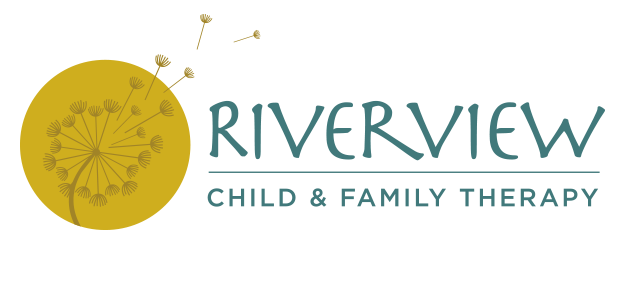In part one of this series, I highlighted how even in the darkest of times, the light will manage to find us. For this second part, I will share how to communicate with others and your loved ones when faced with a significant loss.
It’s been about a month since we had to put our dog Kisses down. As I predicted, as I’ve had some time and space from this loss, I have had such appreciation for all the love and kindnesses friends and family have shared with me. One of the biggest lessons I learned is that if you want to feel support, you need to reach out to your network or community. This can feel scary or intimidating, but I have found the more I talked about losing my dog with others, the more relatable I became to them. I have found so many others that are dog lovers and we now have this shared understanding. In a strange way, losing my dog has helped me be more open with others. In almost all instances, this openness has proven to be beneficial.
Being open and honest is also key when communicating with your family. When Kisses became ill and the possibility that we would have to put her down became real, I proactively had some important discussions with my husband and then with my kids. In speaking to my husband, I explained that while I was being snippy about inconsequential things, underneath my bad mood was fear. I sensed that we were losing our dog and it was easier to be angry about something small than face the bigger reality that she was dying. This didn’t mean that this magically made me be in a better mood, but acknowledging the underlying fear at least helped him understand me. He knew not to take anything I said or did personally because that was how my grief was showing itself. As for my kids (ages 9 and 11), I made sure to keep them in the loop of what was happening to Kisses. It seemed important that they understood physically what was happening to her and the process of what would happen if we found out we had to put her down. This was a hard conversation. It was easier by sticking to facts: her body was slowing down, this happens when dogs get sick, if her body is too sick to keep going the vet gives her medicine to help her body shut down and she passes away. After I explained all of this, I let them ask questions. The more questions the better. Kids sometimes get a scary idea in their heads about death and run with it. These ideas can be heartbreaking to address but it helps if your kids can openly express their fears. This will help them start the healing process.
On the morning we did take Kisses to the vet where our worst fears were confirmed, I made sure my boys each said goodbye to her in a meaningful way. I helped them tell her what they loved the most about her and how much they were going to miss her. They were so sweet with her. It was nice to hear how much she had meant to them and how much her love had impacted their lives.
As the weeks are unfolding since Kisses’ death, I realized that each of my family members are grieving in their own way. My youngest was extremely emotional for a couple of days, but honestly, even though it was hard to manage at times, it helped him tremendously to start to move forward. My oldest was more logical about it which is similar to how my husband handles it. The logical approach seemed to work well for my husband but had mixed results for my oldest son. My oldest reasoned that Kisses had lived a long, well-loved life and that death is a natural part of life. He did okay with this logic for about a week but then it bubbled to the surface in a way that he didn’t know how to handle. Even though this led to a hard afternoon for him, I was glad he finally was able to let some of his sadness out. In the future, I will be more aware of his tendency towards logic and make an effort to talk more about the emotional side of loss.
When it comes to loss, there is no right or wrong way to get through it. When enough time passes, hopefully the loving memories will keep us going and remind us to appreciate the love that is still in front of us.
Written by Diana DeVaul, MSW and Parent



